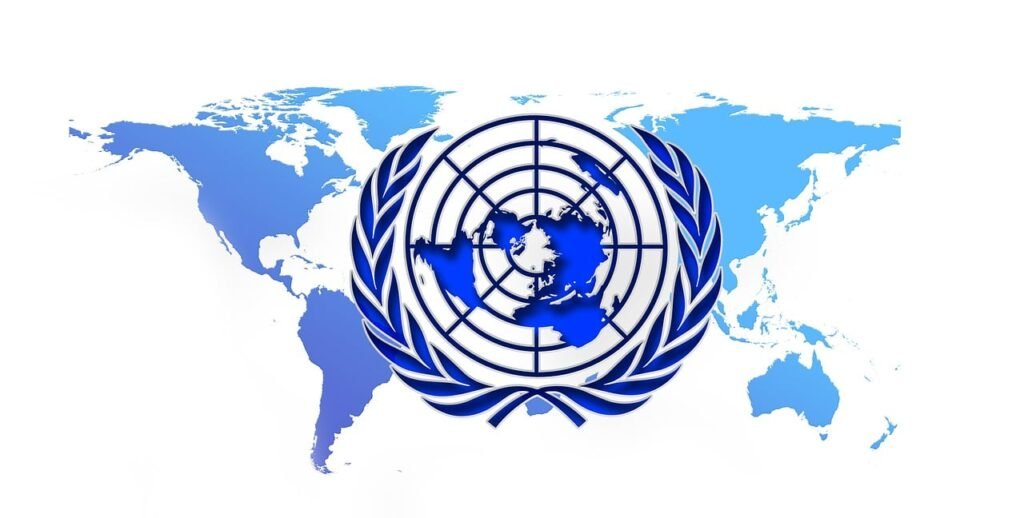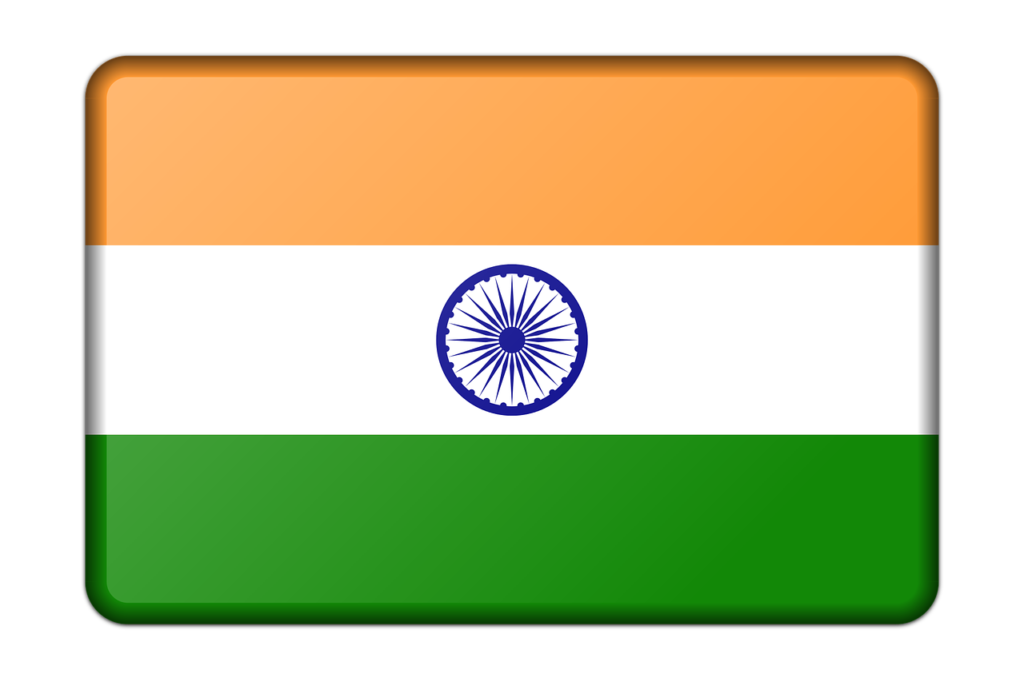In December 2023, External Affairs Minister S Jaishankar, while delivering a speech in Bengaluru, remarked, “The UN Security Council resembles an old club where a set of members is reluctant to relinquish control. They are determined to maintain their grip on the club, resisting the admission of new members and avoiding scrutiny of their practices.” This response came in relation to a question about when India might secure a permanent seat on the UNSC.
At the G20 Summit in New Delhi, Prime Minister Modi advocated for the restructuring of global institutions based on the ‘realities of the present,’ using the UNSC as an illustrative example.
India, deserving of a permanent seat on the United Nations Security Council (UNSC), is actively pursuing this goal. To achieve this, reforming the UNSC is imperative, as no overhaul of the United Nations can be considered comprehensive without addressing the need for reform within the UNSC.
Table of Contents
NEHRU REJECTED UN Security Council SEAT OFFER

India received two offers to become a permanent member of the Security Council in 1950 and 1955, but both times the offers were rejected by Jawaharlal Nehru, the then Prime Minister of India.
In August 1950, John Foster Dulles (Advisor to US President Harry Truman) and Vijayalakshmi Pandit, Indian Ambassador to the US (1949-1951) and sister of Jawaharlal Nehru, held a meeting to discuss granting India a permanent seat in the UNSC. The American side proposed replacing China with India in the UN Security Council. Nehru, in his response, stated, “It would be a clear affront to China and would imply some kind of break between us and China. India, for many reasons, is certainly entitled to a permanent seat in the UNSC. However, we are not willing to achieve this at the cost of China.” The offer was rejected.
Again, in 1955, Soviet Premier Nikolai Bulganin offered India a permanent seat in the UNSC, not at the cost of China, but as a new member of the Security Council. Nehru, in his reply, expressed, “We are opposed to pushing ourselves forward to occupy certain positions because that may itself create difficulties. We feel that this should not be done until the question of China’s (communist) admission and possibly that of others is first resolved.”
Ironically, China, the country Nehru prioritized for a permanent seat before India, attacked India in 1962. Presently, China, among the five permanent members, is the sole country opposing India’s aspiration for a permanent seat in the UNSC.
WHY THERE IS NEED FOR REFORMS IN UNSC?
No reform of the United Nations is complete without reforming the UN Security Council.
Flaws in UNSC: –
- Not a representative body.
- Poor coordination between the General Assembly and the Security Council.
- Lack of transparency and accountability.
- Biased decisions are taken too often.
- Veto Power is used to feed the narrow interest of some countries.
In 1945, the strength of the UNGA was 51. There were 5 permanent members and 6 non-permanent members.
In 1963, the strength of the UNGA became 113. So, the Security Council was expanded to 15 members body (5 permanent and 10 non-permanent).
Presently, the strength of the UN is 193, but the strength of the UNSC is still at 15. Africa has no permanent representation in the UNSC but most of the work of the United Nations is done in Africa. Europe is overrepresented and Asia is underrepresented.
Why Does India Deserve to be a Permanent Member of the UNSC?

The question of whether India deserves to be a permanent member of the United Nations Security Council (UNSC) is subjective, and opinions may vary. However, proponents of India’s inclusion often highlight several factors in support of its candidacy:
- Population and Size: India is the second-most populous country in the world and has a significant geographical expanse. Its large and diverse population, along with its vast territory, gives it a unique perspective on global issues and makes it a crucial player in international affairs.
- Economic Power: India has emerged as one of the world’s fastest-growing major economies. Its economic strength and potential contribute to global economic stability and development. Being a permanent member of the UNSC would reflect India’s economic influence on the world stage.
- Contribution to Peacekeeping: India has a long history of participating in UN peacekeeping missions. It has consistently contributed troops and resources to promote peace and stability in conflict zones, showcasing its commitment to global peace and security.
- Democratic Values: India is the world’s largest democracy, with a pluralistic and diverse society. Its democratic institutions and commitment to the rule of law are often cited as positive attributes that align with the principles of the United Nations.
- Nuclear Power: As a nuclear-armed state, India plays a crucial role in global non-proliferation efforts. Its inclusion in the UNSC is seen by some as a way to ensure a more comprehensive and inclusive approach to addressing nuclear issues.
- Regional Importance: India’s strategic location in South Asia makes it a key player in regional stability. Its inclusion in the UNSC is believed by some to enhance the Council’s ability to address and resolve conflicts in the region effectively.
- Global Challenges: India faces and contributes to addressing many global challenges, such as climate change, poverty, and healthcare. Having India as a permanent member could strengthen the UNSC’s capacity to tackle these issues more comprehensively.
India stands out as a highly deserving candidate for a permanent seat on the UNSC. During his visit to India in 2023, US President Joe Biden reaffirmed his support for India’s pursuit of a permanent seat at the international decision-making table.
Why United Nations is labelled as a Failed Institution?
The United Nations was established with the goal of maintaining world peace and ensuring that every country receives due respect on the global stage. However, the reality diverges from this ideal. The dominance of the five permanent members of the UN Security Council (UNSC) is evident in the functioning of the United Nations.
All UN organs require some level of reform, with particular emphasis on the Security Council – the most influential organ equipped with substantial authority. The United Nations have also failed to compel countries to halt their nuclear weapons productions.
As aptly characterized by External Affairs Minister Jaishankar, the UNSC has evolved into an aged institution where members are reluctant to relinquish their influence. The lack of political will and the prevalence of selfish interests among these members obstruct any meaningful reforms to expand the Security Council’s membership to include nations that truly deserve it.
